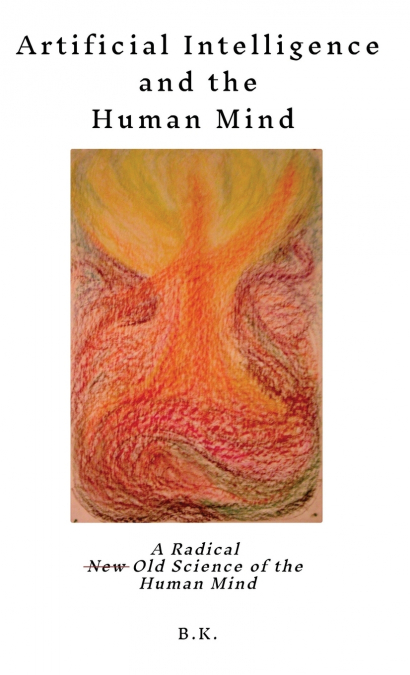
 Librería 7artes
Librería 7artes
 Donde los libros
Donde los libros
 Librería Elías (Asturias)
Librería Elías (Asturias)
 Librería Kolima (Madrid)
Librería Kolima (Madrid)
 Librería Proteo (Málaga)
Librería Proteo (Málaga)
AI is dazzling, but the human mind is unmatched.This work is an urgent call to action for human minds. AI has entered the domain of intelligence, a realm where human beings reigned supreme until recently. This development elicits both enthusiasm and fear. Yet, it also provides an epochal opportunity to focus on the most exquisite phenomenon known to us: the human mind. The human reasoning mind possesses what we call ’common sense,’ a humble term that hides the unfathomable depths of human reason. Human babies are born with endowments of consciousness and reflective thinking. Yet, scientifically speaking, we know very little about the origins and inner workings of these foundations of human reason. Building on them, human minds can acquire knowledge and common sense. Cognitive scientists realize the depth of the mystery of such endowments and state that ’human science ... has nothing to say about them’ recognizing the capacity to have this kind of knowledge as ’one of the deepest and most ancient problems.’ Modern AI can demonstrate raw intelligence, but to reach the capacity for reasoning, to have ’general intelligence,’ as babies do, there is another universe to cross. In its quest for the science of human agency, this book adopts a wide interdisciplinary approach spanning disparate fields such as AI, philosophy, history, economics, developmental biology, child development, psychodynamic theories, cognitive science, and Perennial Philosophy. It explores what we know, what we believe we know (our beliefs masquerading as science), and what humanity knew at the dawn of Western civilization, in classical antiquity, when the human reasoning mind was elevated to the status of a sovereign, trustworthy instrument capable of discarding irrational beliefs and engaging in philosophy and science. Beginning with the pioneering philosophers, we observe our increasing reliance on and trust in human reason. How did it all start, and how did we manage to leave behind irrational beliefs and harmful traditions? We understand that philosophy began as a discipline for cultivating an ’intimate and affectionate receptivity for wisdom,’ as a set of ’spiritual exercises’ (as termed by the renowned classical antiquity philosopher Pierre Hadot.) For its pioneers, philosophy was not a spectator sport. It was something one did, not just something one talked about. What they did had the power to curb the irrational aspects of human reason, limit the influence of raw self-interest, increase the trustworthiness of human reason, and herald an era of humanist ethics. Modern humanity, dazzled by new shiny toys brought by technology, has all but forgotten such age-old faculties, even if they have been preserved in the Perennial Philosophy and are knocking on our doors again. We had better answer the call. We need effective global cooperation to meet the challenges coming our way, but it is becoming obvious that, on the whole, humans are way too selfish, glaringly unwilling to cooperate on a global scale, and utterly unprepared for impending global challenges (including AI, climate change, increased societal polarizations, and anti-democratic nationalism.) The centrifugal forces of raw self-interest, combined with the power of modern technology, are threatening to slowly tear civilized society apart. We can draw on the age-old wisdom - radical by today’s standards - on how to embrace and become sovereign masters of our own minds once again. To usher in a new era of the 21st-century Humanist Renaissance, which we so desperately need, we must elevate human reason to a new level.